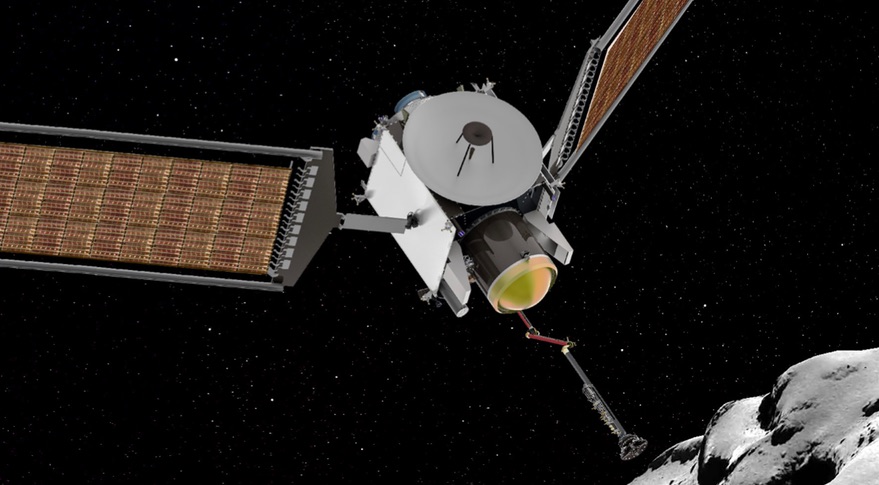WASHINGTON — A delay of up to two years in the next New Frontiers planetary science mission competition won’t change the potential destinations for that mission.
NASA announced May 12 it was delaying the release of a draft announcement of opportunity for the fifth New Frontiers mission from this October to as late as October 2023. The agency said that the costs of missions currently in peak development and “COVID-related challenges” forced NASA to delay the competition.
Scientists were concerned not just about the delay itself but the potential effect it would have on eligible missions. Candidates for the line of medium-class spacecraft missions are limited to a set of “mission themes” based on guidance from the decadal survey. With a new decadal survey scheduled for release in the spring of 2022, NASA said in its announcement that it would use the themes recommended by the new decadal for the delayed New Frontiers competition, which could differ from those that had been under consideration.
However, the two co-chairs of the decadal survey, Robin Canup of the Southwest Research Institute and Phil Christensen of Arizona State University, said in a May 25 message that they would not recommend any changes to the mission themes for the next New Frontiers mission.
“To avoid real or perceived conflicts, the Decadal Steering Committee has decided that it will retain the list of mission themes for NF-5 previously provided by NASA,” they wrote. That list, distributed in November 2020, included concepts ranging from lunar sample return to missions to Enceladus, an icy moon of Saturn.
Canup and Christensen wrote that, when the decadal survey started last year, they expected the next New Frontiers mission to use those mission themes from the last decadal. Changing them, they said, “would create conflicts of interest and other problematic issues for the Survey and the community.” They added the survey will make recommendations for mission themes for later New Frontier missions as originally planned.
Scientists are still grappling with the delay in the next New Frontiers mission. “It’s taken the community by surprise,” Christopher House, a Penn State University professor who is chair of the Committee on Astrobiology and Planetary Sciences of the Space Studies Board during a meeting of the board May 26. He attributed the delay to “a lot of small things that led to a bit of a domino effect,” such as NASA’s decision last year to delay the launch of the fourth New Frontier mission, Dragonfly, by a year because of pandemic-related issues.
House expressed hope that the delay in the next New Frontiers mission could be shortened, perhaps through additional funding. “This was forced by COVID, by all these near-term launches,” he said. “If we as a community can figure out, prioritize things, advocate, whatever it takes, that it doesn’t have to be as late as two years.”
